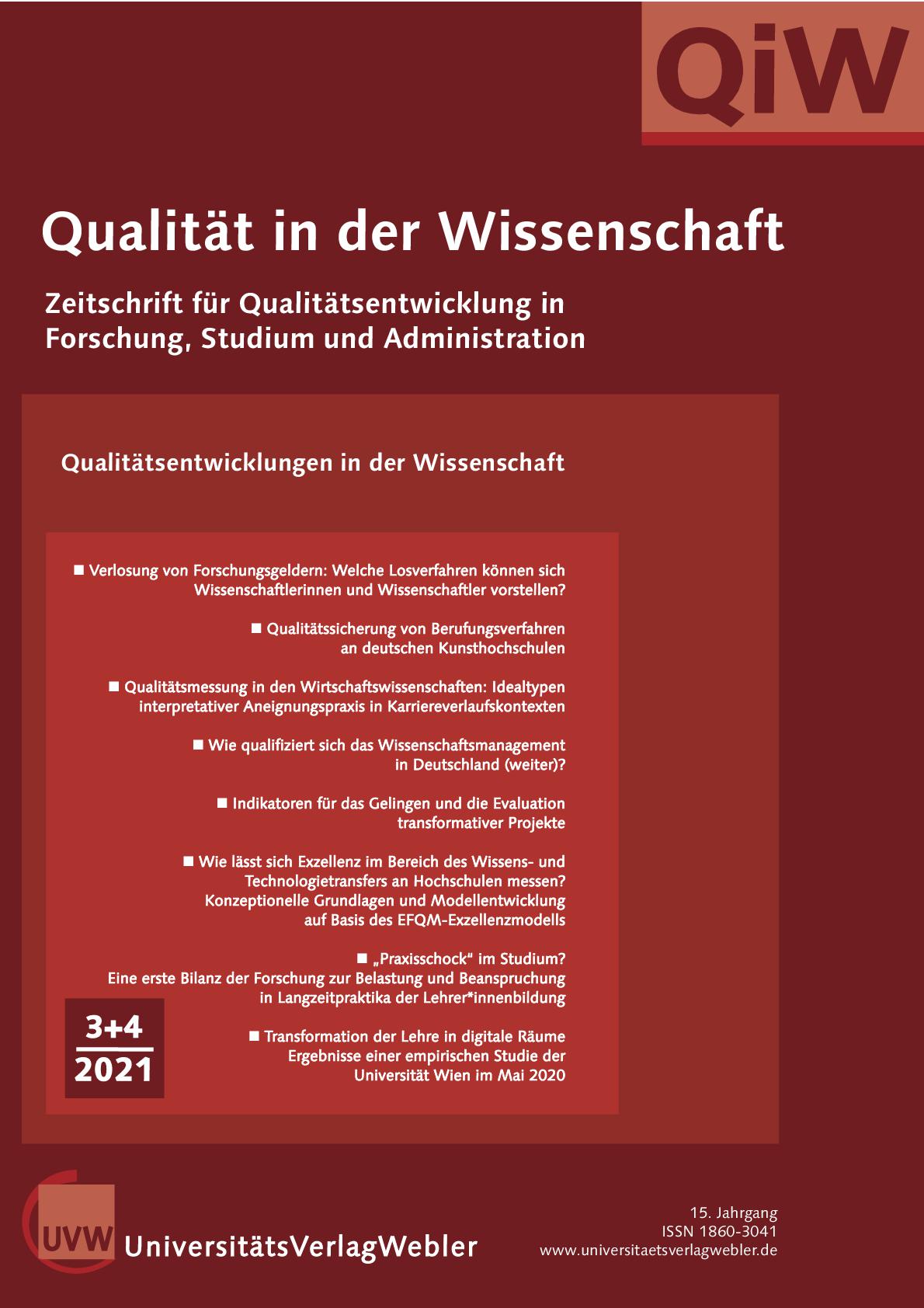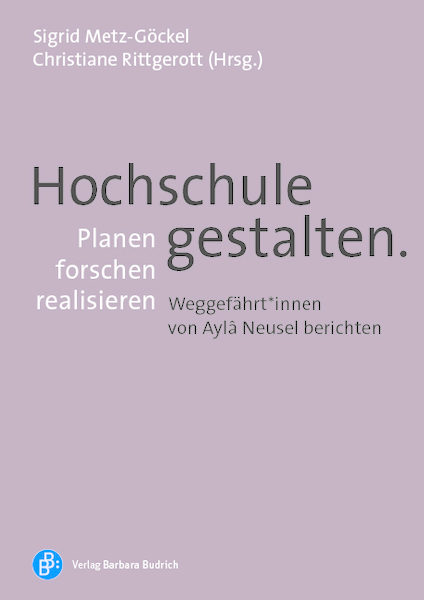Political discourse and policy reforms worldwide have highlighted the importance of promoting the knowledge economy by stimulating academics’ societal engagement (ASE). Such narratives partly aim at influencing academics’ attitudes and behaviors. Earlier work that has investigated such influence has tended to overlook the development in humanities and social science, and focused on science, technology, engineering, and mathematics fields. This paper contributes to filling this gap. Based on the assumption that academics’ views are, to a significant extent, shaped during their early years in academia, we investigate whether there are generational differences in attitudes to ASE. Four different higher education systems, including both Napoleonic and Humboldtian models, are investigated: Germany, Sweden, Portugal, and Argentina. Our analysis of the results of the international Academic Profession in the Knowledge Society survey reveals marked country-level differences in the way academics perceive the importance of ASE activities. Overall, there is no strong evidence that the current generation of HSS academics has very different attitudes to ASE than previous generations. We do, however, find indications that post-2006 academics are more likely to consider ASE activities from an instrumental perspective.

